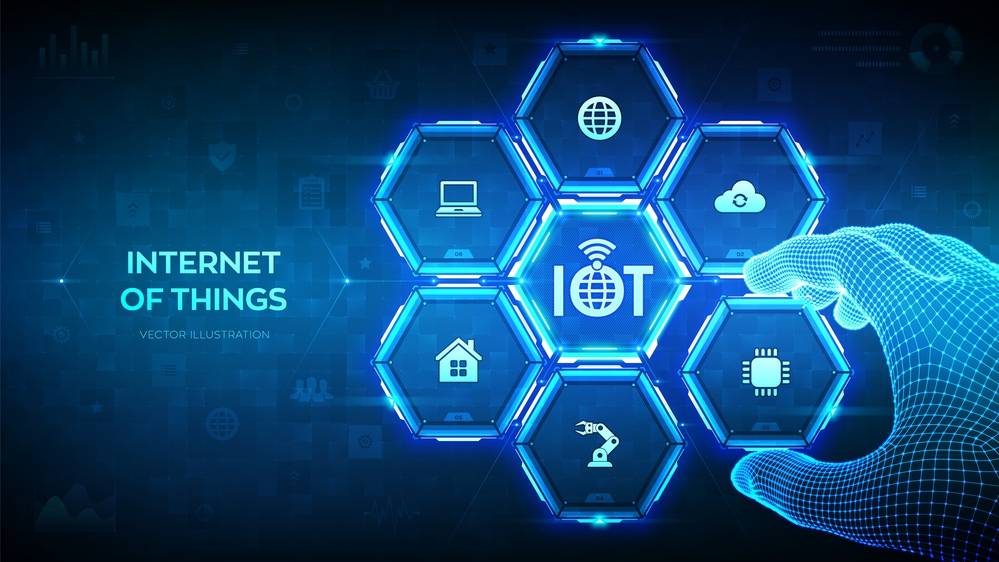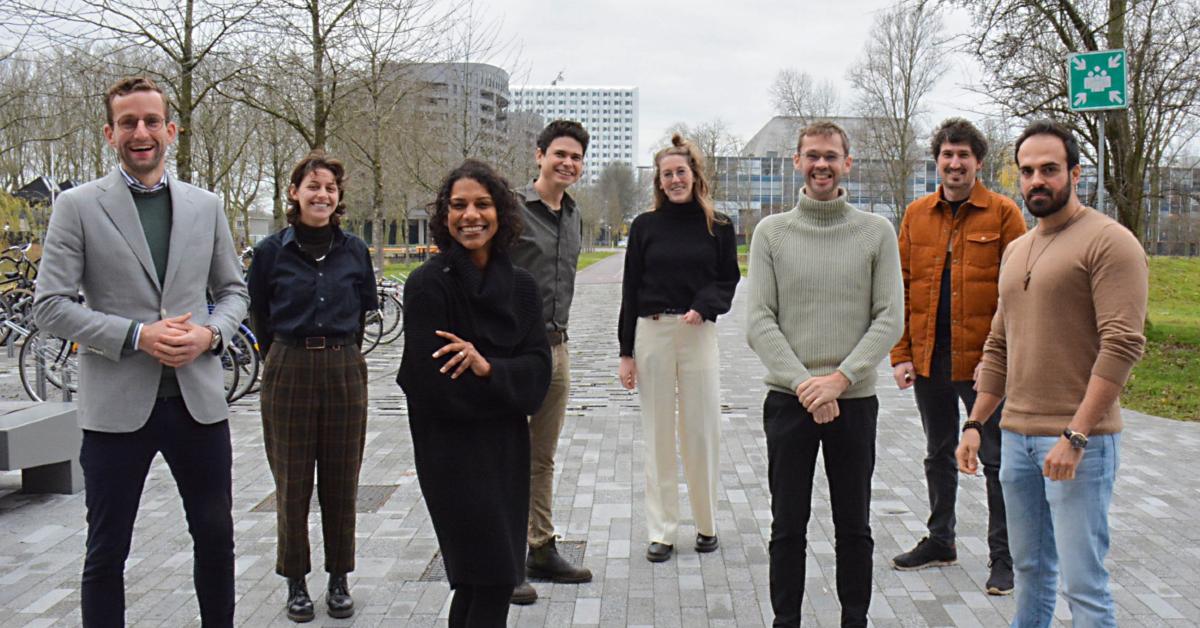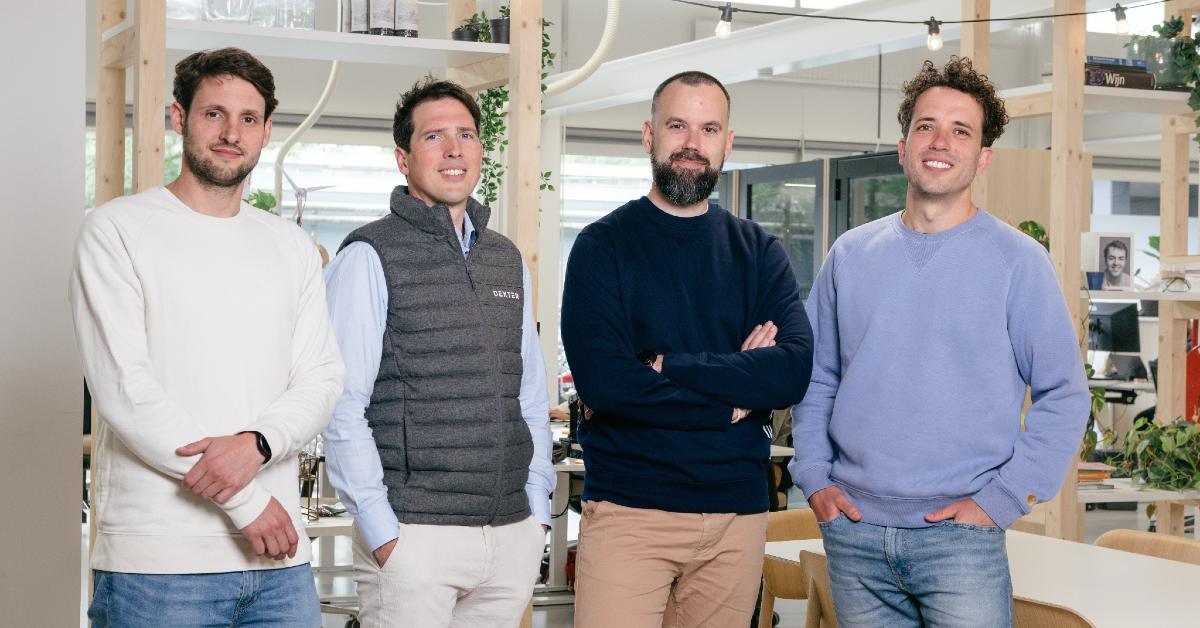Eindhoven-based LUMO Labs, a firm that creates opportunities for impact-driven software and smart hardware startups, announced on Wednesday that it has invested €1.5M in Barcelona-based Metacampus, along with a group of angel investors.
Metacampus is a training platform built for the virtual economy.
By funding Metacampus, LUMO is supporting a global group of subject-matter experts who have developed an edtech platform to help digital professionals from a variety of industries succeed in ever-evolving, increasingly decentralised digital world and virtual economies.
“Unlocking human potential in the virtual economy”
Founded by Pere Perez Ninou, Metacampus is an international group of tech-savvy experts with a focus on social innovation that have come together to help individuals thrive in the digital economy and make the exponential world more accessible and inclusive.
Pere Pérez Ninou says, “The new roles in the virtual economy are diverse, and there are insufficiently skilled and experienced people. The demand for talent is outstripping the supply. Metacampus’ training approach embraces Web3, rewarding practical skills over theory, leverages the power of the community in decentralised business models and uses gamification to reward knowledge and stimulate positive competition.”
Pere further adds, “At Metacampus, we’re laser-focused on knowledge efficiency. Through our AI-driven toolkit, combined with active role-playing and real-time Web3 project experience, we help people pack well over 1,000 days’ worth of knowledge in a seriously fun environment that reflects the nature of Web3 culture.”
Metacampus’ business model
The Metacampus team aims to eliminate bias in the virtual economy, by rewarding talent solely based on merit, irrespective of background, personal details or other external factors.
The company’s business model, which is tuition-based, is designed for everyone who needs to keep up with the rapidly evolving digital trends – from academics to new media journalists, and brand managers to C-suite executives. Additionally, Metacampus also empowers individuals who are struggling financially by establishing a grant programme that aims to provide training to those who need it the most.
Andy Lürling, LUMO Labs founding partner, says, “Metacampus improves the equal opportunity for individuals and businesses to thrive in the virtual economy simply by lowering barriers of entry through relevant education. This is obviously beneficial for those seeking access and guidance, yet the even larger return is the influx of new perspectives, backgrounds and talent in what is still a fairly homogeneous ecosystem.”
The experiential programme includes expert live sessions and virtual events, and full access to a Tech Toolkit with role-play activities over a 100-day period. Students can master the Web3 business tools, learn the terminology and build a valuable community network. Finally, they’ll participate in the creation of innovative market solutions with access to funding from international brands and investors.
Sven Bakkes, LUMO’s founding partner, says, “The speed and support Metacampus has already gathered in such a short period of time is as admirable as it is telling. It indicates how well Pere and the rest of his team have spotted and addressed the apparent need for diverse talent in the virtual economy. We are excited and happy to be part of this journey going forward.”
About LUMO Labs
Founded in 2016 by Andy Lurling and Sven Bakkes, LUMO Labs creates opportunities for impact-driven software and smart hardware startups. The current LUMO Fund II is a €20M impact-driven multi-stage capital fund (pre-seed, up to and including Series A). It includes a two-year venture builder programme to support its portfolio companies in gaining financial success as well as social traction and impact.
The company backs startups that align with at least one of the three UN Sustainable Development Goals – Sustainable Cities & Communities, Good Health & Well-Being, and Quality Education. It invests in multiple sectors, including Artificial Intelligence/Data, Blockchain, Internet of Things, Robotics and Drones, and Virtual Reality/Augmented Reality.










01
From telecom veteran to Dutch Startup Visa success: The Jignesh Dave story